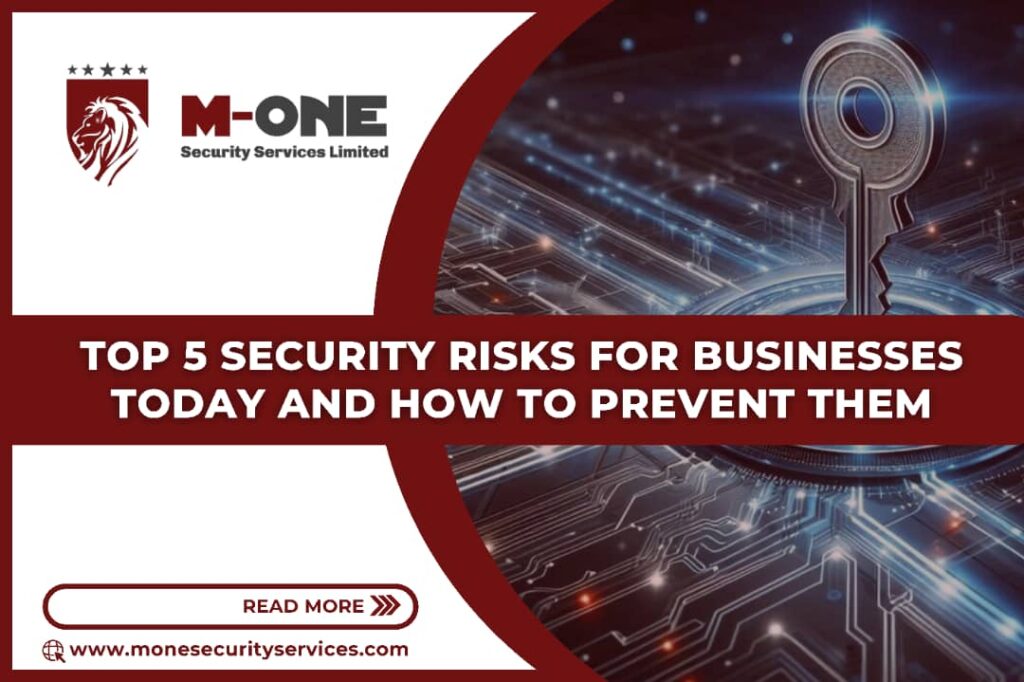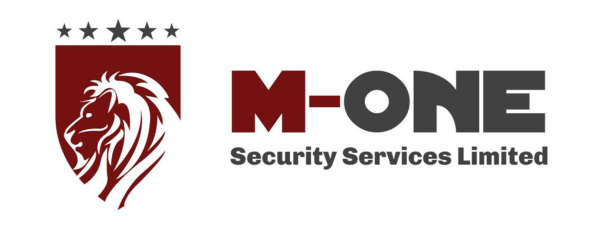
Introduction
In today’s business landscape, security is a proactive game, it’s no longer limited to physical break-ins or petty theft. From data breaches to insider fraud, the risks have become more complex, especially in a dynamic economy like Nigeria’s. Businesses in cities like Lagos, Abuja, Ibadan, and Port Harcourt are increasingly vulnerable due to the blend of physical, digital, and human-related threats.
Whether you’re running a mini supermarket, a digital agency, or a beauty salon, this article breaks down the top five security risks affecting Nigerian businesses today along with practical, locally relevant strategies to prevent them.
1. Insider Threats and Employee Driven Theft:
Sometimes, the biggest threat isn’t an outsider, one of the most underestimated threats businesses face today comes from within, reports indicate a disproportionately high percentage of data breaches in Nigeria involve insiders.
In order to prevent this, conduct comprehensive background checks for all new hires, especially for roles with access to sensitive information, grant employees access only to the data and systems absolutely necessary for their job roles. Most immediately, revoke all system access like the email, network, cloud apps when an employee leaves the company.
2. Weak Physical Security:
In actual sense, physical security is still a big deal, but doors and gates aren’t enough. Some businesses still rely on outdated locks, sleepy guards, or CCTV cameras that haven’t worked in years, imagine a small supermarket experienced a nighttime burglary where security guards were found sleeping on duty and CCTV footage was unavailable due to outdated systems.
Simply, implement multiple layers of physical security by installing smart CCTV with night vision with remote monitoring, Integrate motion sensors and alarm systems with emergency alerts. Also employ trained, licensed guards with regular supervision, afterwards schedule routine maintenance of security infrastructure. It is important to educate employees on the importance of challenging unfamiliar individuals, securing their workstations, and reporting suspicious physical activity.
3. Risky Vendors and Third Party:
In today’s interconnected business world, your security is only as strong as your weakest link. Outsourcing services such as IT, cleaning, delivery, or facility maintenance introduces another layer of risk which can directly impact your business.
Before engaging any third-party vendor, vet vendors rigorously before onboarding, limit Wi-Fi access or use guest networks and don’t allow outsiders plug flash drives or laptops into your systems.
4. Cyber Threats and Data Leaks:
Businesses are increasingly exposed to cyber threats, we’re not just talking about big tech companies, every business using a smartphone, email, or internet banking is at risk of cyber attacks, especially now that more Nigerian businesses are going digital.
These threats include phishing attacks, ransomware, and unauthorized access to customer data. Your business can over this by Keeping all operating systems, applications, and security software up to date, attackers often exploit known vulnerabilities in outdated software. Also engage cybersecurity professionals for routine system audits, set up 2-factor authentication for emails and accounts and back up important files regularly, preferably offline or on a secured cloud.
5. The AI Enhanced Social Engineering and Impersonation:
Not all scams come with guns or codes, some come through clever words. This tactic is rising fast in Nigeria. Today’s social engineering attacks, particularly phishing and Business Email Compromise (BEC), are incredibly sophisticated. Cybercriminals are now leveraging AI and deepfake technology to create hyper-realistic impersonations of CEOs, clients, or trusted vendors.
Businesses should set internal rules, that is no payments without double verification and confirm requests through known phone numbers or in-person. Most importantly, they should invest in robust email security solutions that can detect and quarantine sophisticated phishing attempts and malicious links.
Conclusion
Security threats to businesses in Nigeria have evolved and now requires a holistic, proactive approach that addresses both digital and physical vulnerabilities. Whether it’s internal fraud, cyber breaches, or third-party risks, organisations must proactively invest in robust defenses, continuous training, and smart partnerships. The cost of prevention is always less than the price of recovery. Businesses that take security seriously position themselves for resilience, continuity, and long term growth.

